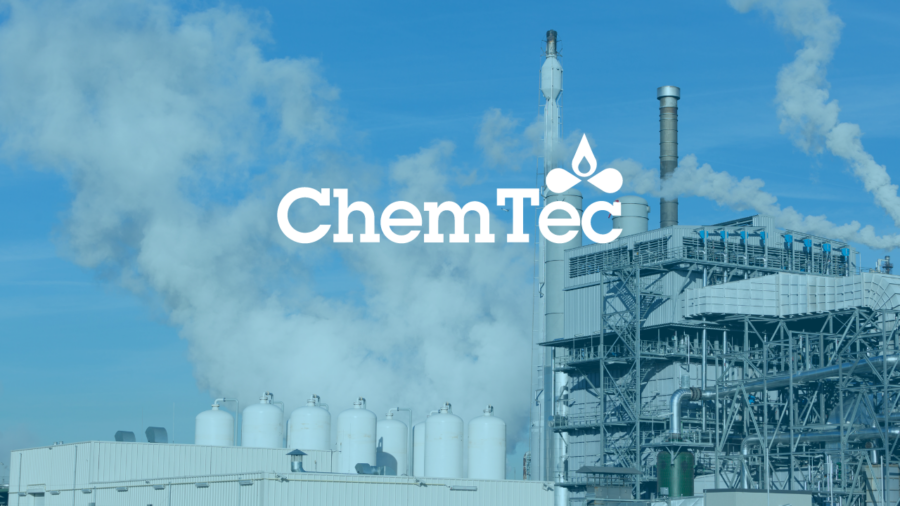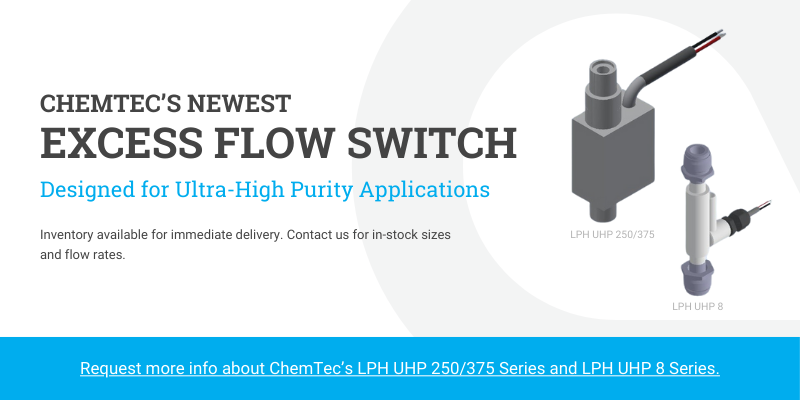In the rapidly evolving hydrogen industry, maintaining safety and efficiency is crucial. Hydrogen is an excellent clean and renewable energy source that has been used for over 50 years. However, its use presents challenges due to its highly flammable and volatile nature. Excess flow valves play an integral role in ensuring the safe management of hydrogen throughout various applications.
Recent regulations and industry standards have been introduced to address these risks, particularly when it comes to hydrogen flow control. Equipment manufacturers, operations teams, and managers need to stay informed to ensure compliance with these regulations and utilize the best practices for managing hydrogen flow.
Hydrogen Standards and Regulations
Hydrogen standards and regulations are entirely enforceable by law and are meant to reduce risk. Many are designed to prevent destructive fires or the weakening of metal due to exposure. Others ensure that the systems that produce, store, and distribute hydrogen are safe for both workers and the environment.
Excess flow valves are essential components in hydrogen systems for safety and maintenance. As such, they must be properly designed and maintained to ensure compliance with these evolving standards. Manufacturers and operators alike should prioritize the use of certified valves that align with these safety codes to protect both personnel and infrastructure.
Industry Organizations
Key organizations like the International Organization for Standardization (ISO) and the National Fire Protection Association (NFPA) have been instrumental in setting hydrogen safety standards. In addition, the Compressed Gas Association has been writing standards supporting the infrastructure behind hydrogen for nearly 70 years. These regulations cover everything from material compatibility to system designs, including hydrogen excess flow valve specifications.
Important Standards
In particular, the ISO 14687:2019 standard sets minimum quality requirements for hydrogen fuel used in both stationary and vehicular applications. Maintaining hydrogen purity is essential for many applications, and flow valves ensure that the hydrogen supply meets these stringent standards.
Similarly, NFPA 2 outlines the comprehensive fire and safety codes for hydrogen systems and offers safeguards for its use in both gas and liquid forms. Following these safety guidelines helps prevent potential hazards like leaks or explosions that can result from improperly managed hydrogen flow.
Excess flow valves used in hydrogen applications must also meet strict industry standards to ensure they perform reliably under extreme pressures and temperatures. For instance, valves that do not comply with ASME B31.12, the hydrogen piping code, could put systems at risk of failure.
ChemTec’s Hydrogen Excess Flow Valves
Constructed of high-quality materials such as 316 stainless steel, ChemTec’s line of Excess Flow Valves (EFVs) are designed with features that control the flow of liquids and gases. ChemTec manufactures EFV configurations that are ready-made for common industry applications, including hydrogen. Our team can also create custom EFVs to fit specific needs.
Many hydrogen applications can benefit from ChemTec’s High-Pressure EFV Series, which handles a maximum pressure of 6,000 PSIG, features a controlled bleed that resets automatically, and a PSO option.
Another option from the ChemTec catalog is the LPH Series, which offers robust performance in managing hydrogen flow under high-pressure conditions.
Our UHP Series is another highly efficient valve designed for ultra-high purity systems, where maintaining hydrogen purity is crucial. These flow control valves are vital in a range of hydrogen applications, from fueling stations to industrial manufacturing.
To learn more about what to look for in hydrogen excess flow valves, click here.
Hydrogen Flow Valve Applications
The integration of hydrogen excess flow valves ensures that systems meet all safety regulations by controlling the pressure, flow rate, and direction of hydrogen. This is critical when working with such a volatile substance. Here are some common applications:
Fuel cell systems rely on precise hydrogen regulation to generate power efficiently. Excess flow valves ensure that the right amount of hydrogen is delivered to the fuel cell to optimize energy output and maintain operational safety. Without reliable valve systems, the hydrogen flow could become inconsistent, leading to inefficient energy production or even system failure.
In hydrogen refueling stations, valves are used to control the flow of hydrogen from storage tanks to the dispensing nozzles for vehicle fueling. Given the high-pressure requirements and potential safety hazards involved, valves need to perform consistently to ensure a smooth, safe fueling process.
Hydrogen storage systems also depend on reliable flow valves to maintain consistent pressure within storage tanks and underground caverns. Valves help mitigate the risks associated with hydrogen’s volatility by controlling pressure fluctuations, which can cause leaks or other safety concerns.
For hydrogen production plants, excess flow valves are essential in managing hydrogen flow throughout the production process. Whether hydrogen is produced via electrolysis or natural gas reforming, precise flow management ensures the efficiency and safety of the operation.
In industrial applications, such as chemical manufacturing, where hydrogen is often used as a raw material, the ability to control flow accurately is crucial. Valves ensure that hydrogen is introduced to the chemical process in the correct amount, which is essential for product quality and safety.
Finally, in research and development, the ability to precisely control hydrogen flow is vital for experiments and testing. Excess flow valves used in laboratory settings allow for safe, controlled experimentation, which is crucial when dealing with such a volatile gas.
What’s on the Hydrogen Horizon?
Looking ahead, the hydrogen industry is set to undergo significant transformations as new technologies and innovations continue to emerge. A key focus for the future is the industrialization of green hydrogen production. Green hydrogen is produced using renewable energy sources, making it a more sustainable and environmentally friendly option compared to traditional hydrogen production methods.
Additionally, recent scientific discoveries are paving the way for new safety protocols and technologies. As the industry shifts toward green hydrogen and other advanced applications, regulations will continue to evolve, and excess flow valves will remain at the forefront of these developments, ensuring safety and operational efficiency.
Submit an Application Inquiry
Our Research and Development team works directly with clients to design and build custom parts that can meet your unique needs. Get in touch with one of our developers today.

